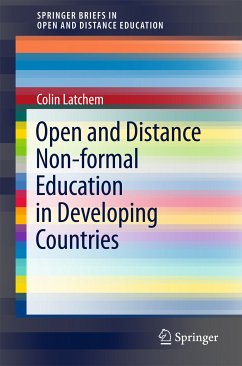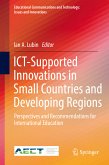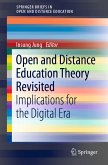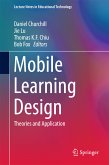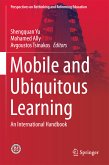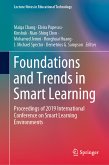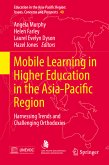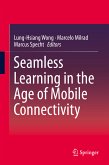It describes the educational needs of the world's most disadvantaged, vulnerable and least formally educated children, youth and adult populations, including the disabled, refugees and prisoners. It also reports on the successes, outcomes, constraints and shortcomings of using open and distance methods and technology to deliver literacy and numeracy programmes, equivalency, 'second chance' or alternative schooling, life skills and rural community development programmes and income generation and vocational training outside the framework of the formal education system. It concludes with suggestions for the extension and improvement of such lifelong learning.
Designed to encourage further research and development in these capacity-building practices outside the established formal system, this is a must-read for all policy-makers, managers, educators, students and researchers interested in non-formal education for individuals, families and communities in the developing world.
Dieser Download kann aus rechtlichen Gründen nur mit Rechnungsadresse in A, B, BG, CY, CZ, D, DK, EW, E, FIN, F, GR, HR, H, IRL, I, LT, L, LR, M, NL, PL, P, R, S, SLO, SK ausgeliefert werden.

